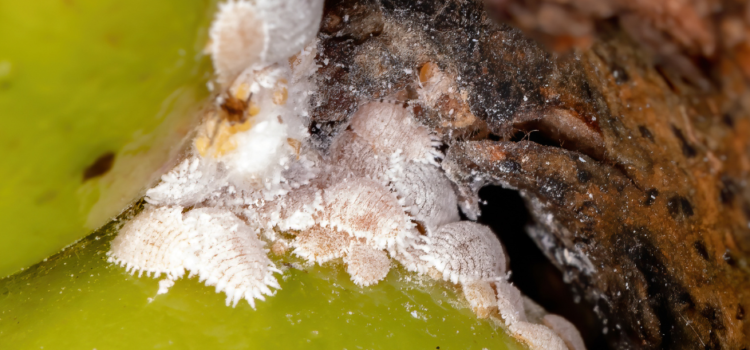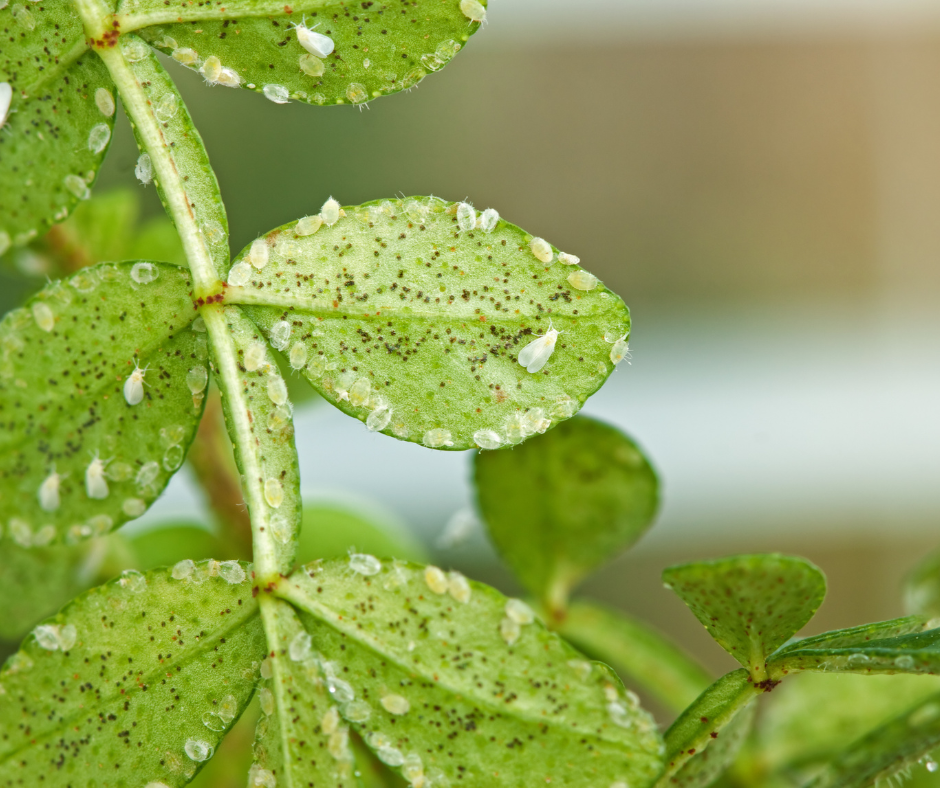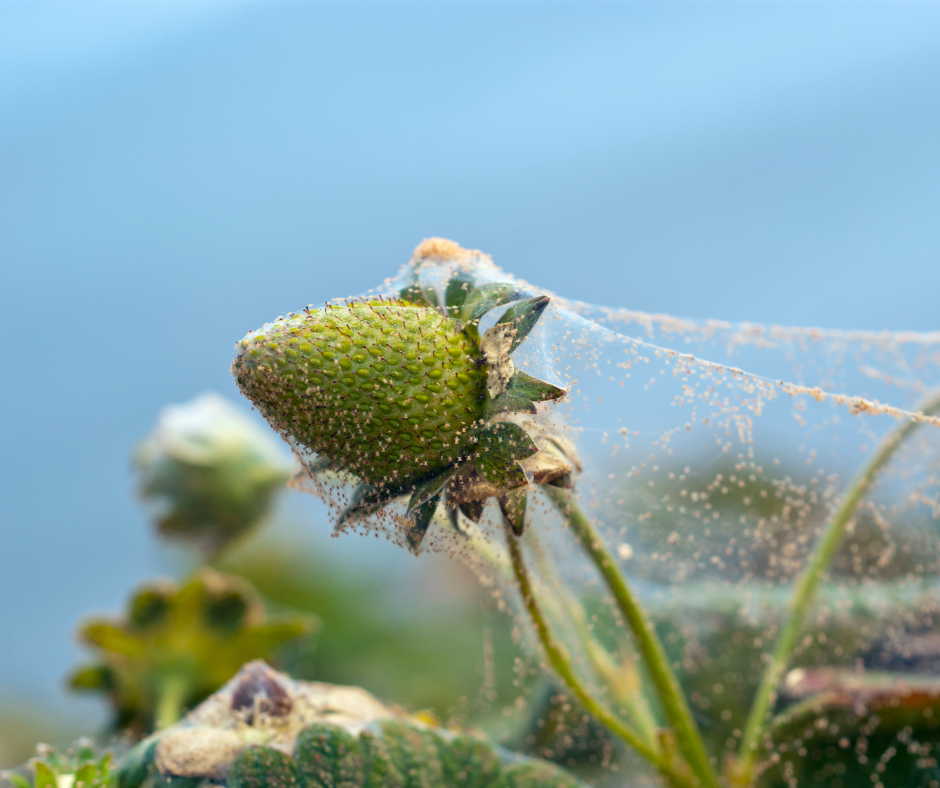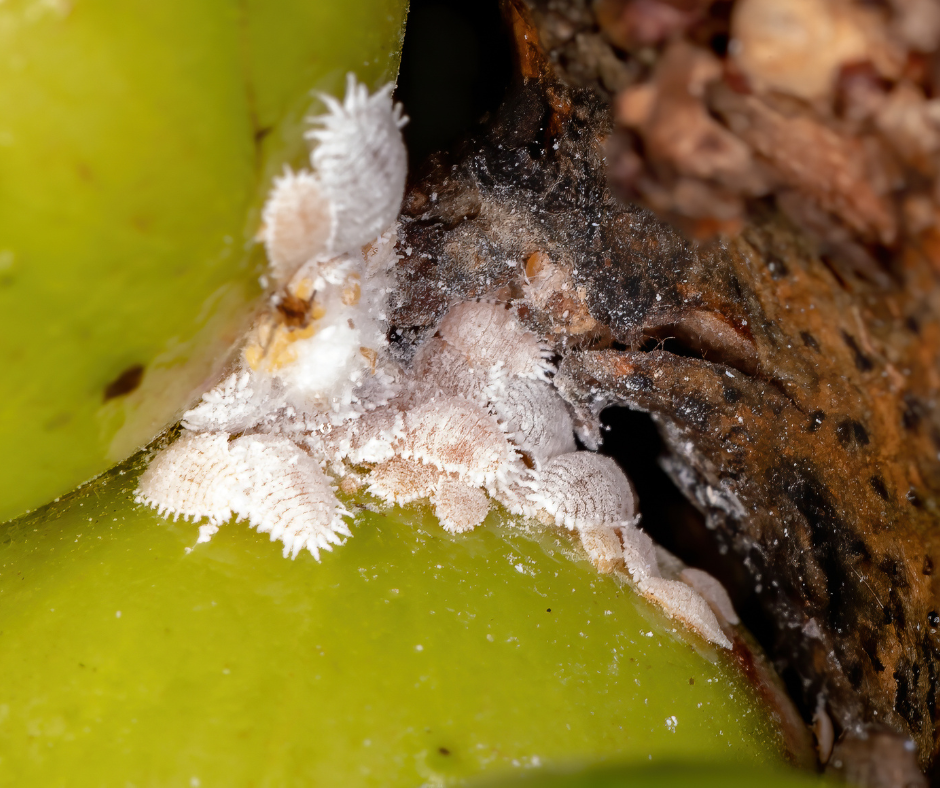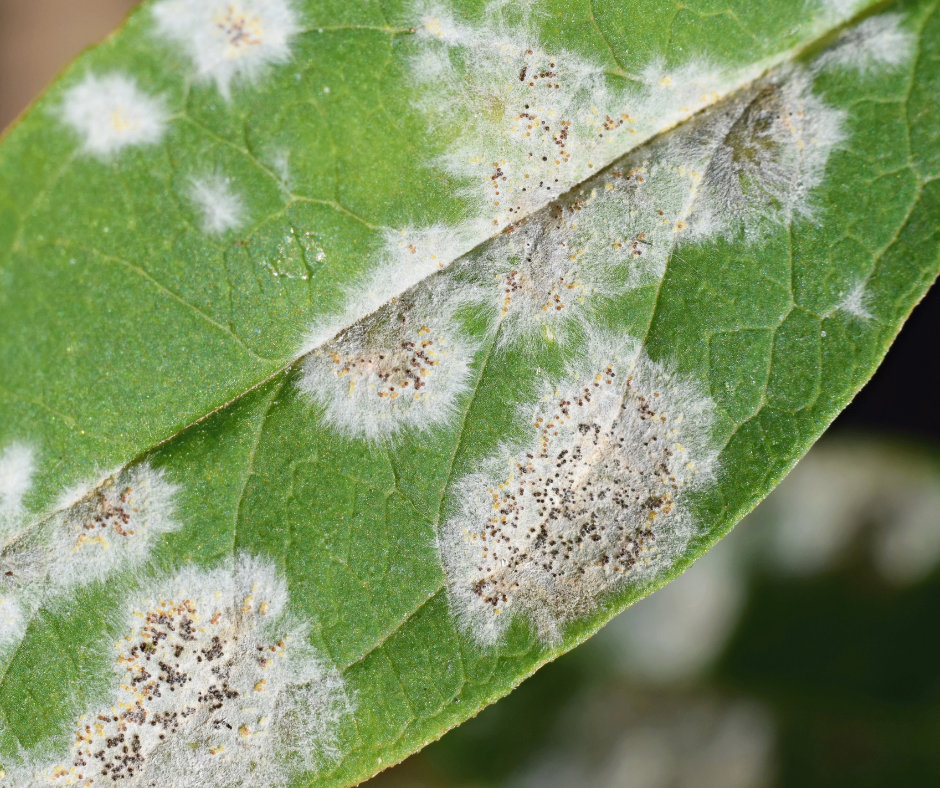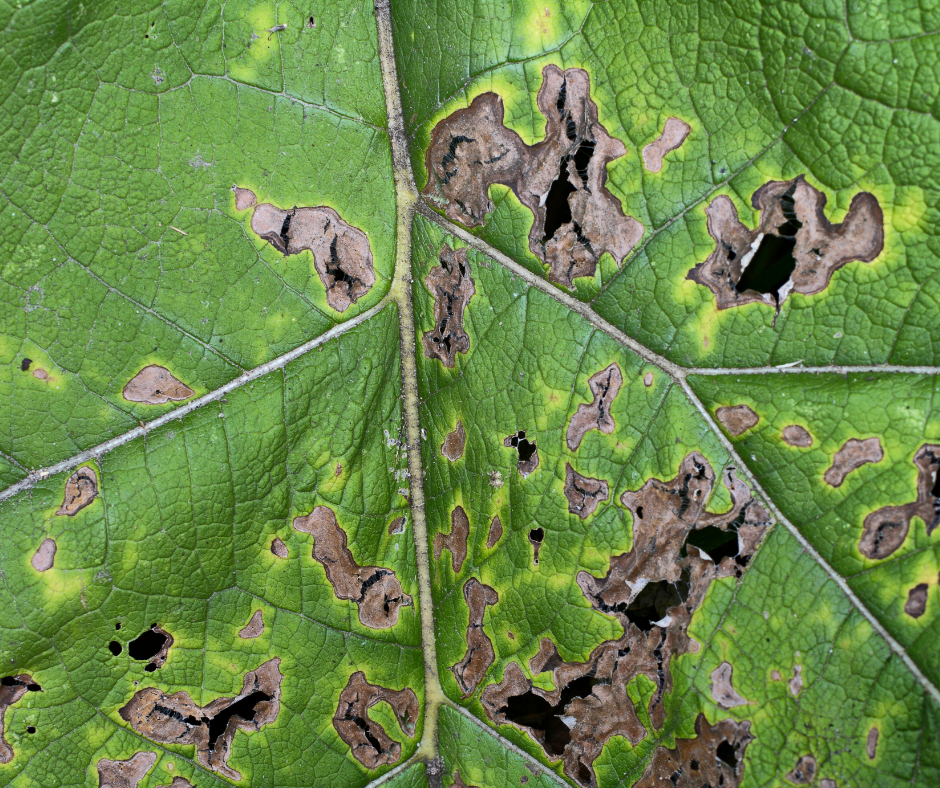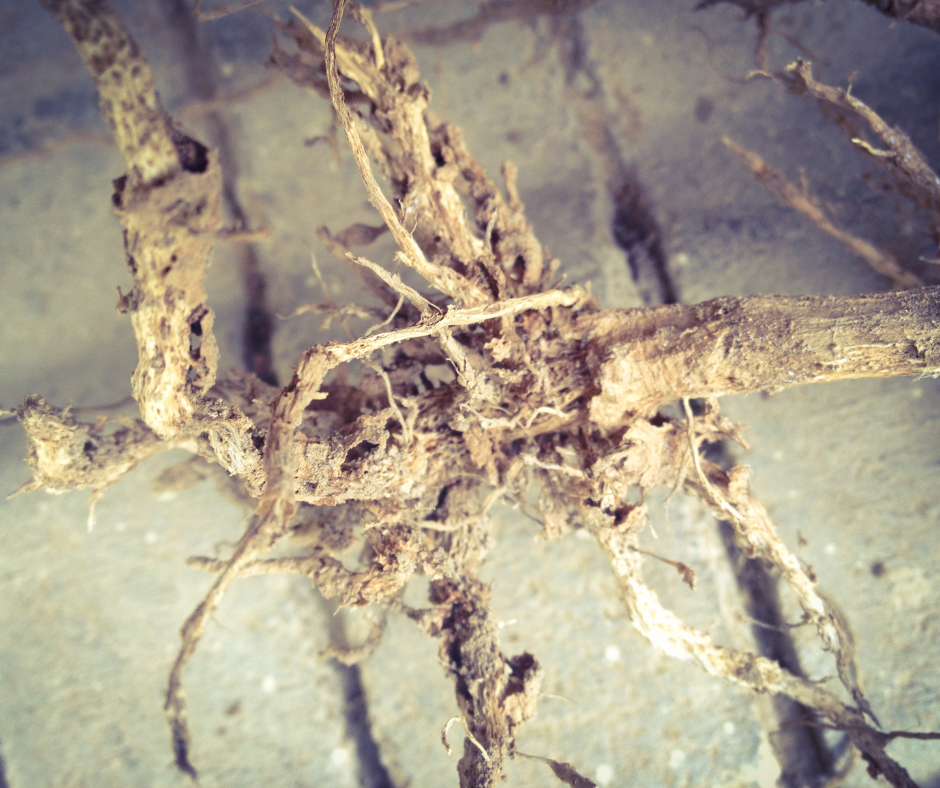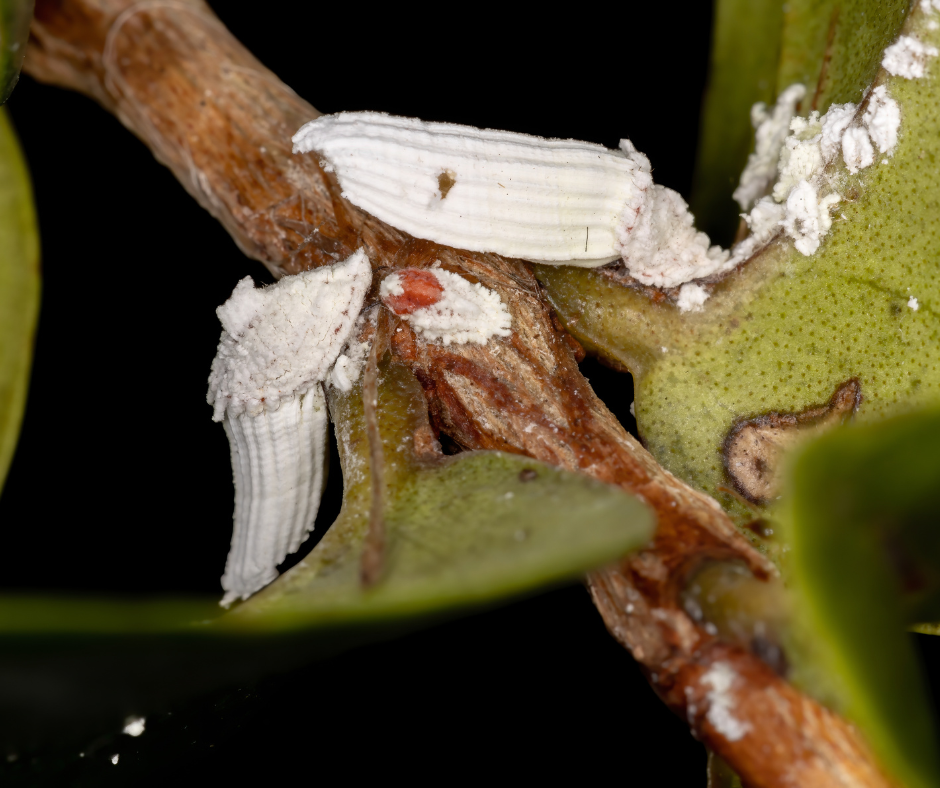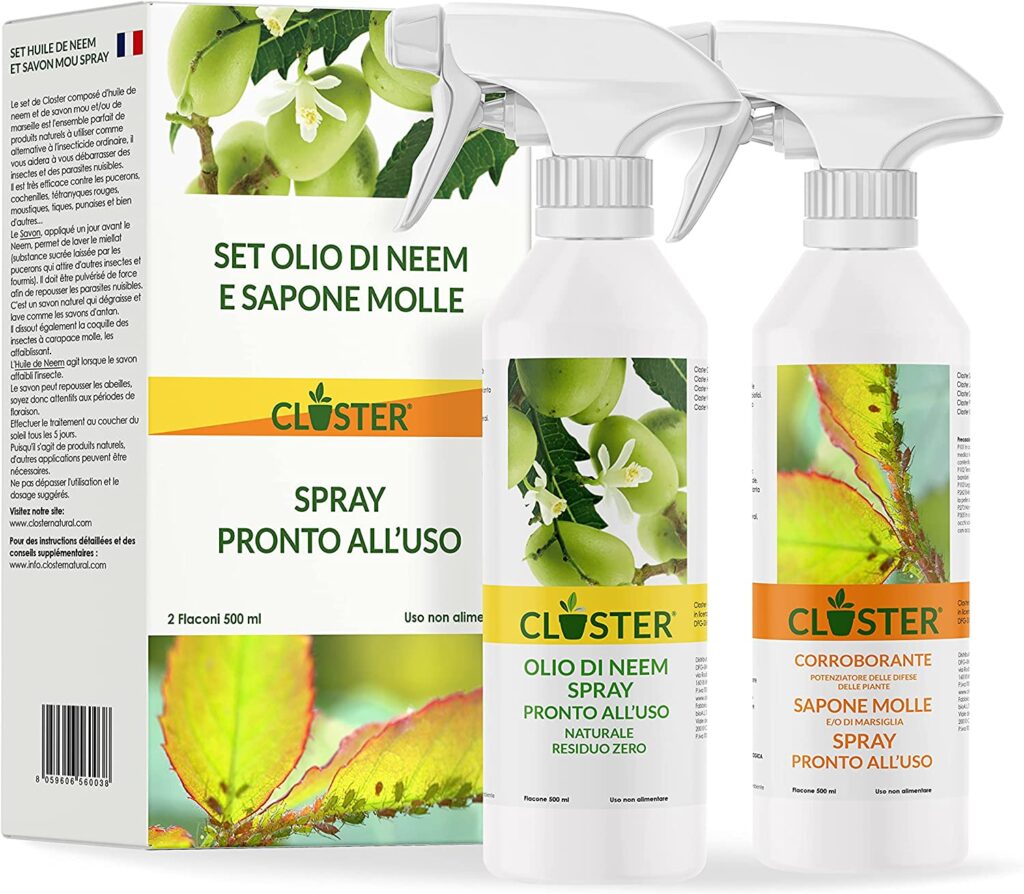Save Your Costa Blanca Garden: Learn How to Deal with Common Pests and Diseases Today!
Costa Blanca’s warm and sunny climate provides an ideal environment for gardening. However, this also means that various pests and diseases can thrive in the region, damaging your garden plants and trees. In this article, we will discuss some common pests and diseases that gardeners in the Costa Blanca region should be aware of and offer tips on how to deal with them.
- Whitefly – Whiteflies are small, winged insects that can damage plants by feeding on their sap. They are common in Costa Blanca gardens, especially in warmer months. To control whiteflies, try using insecticidal soap or neem oil sprays. Another option is to introduce natural predators such as ladybugs or lacewings.
- Red Spider Mites – Red spider mites are tiny pests that suck the sap out of plant leaves, causing them to turn yellow or brown. They are often found in hot and dry conditions. To control red spider mites, keep the humidity levels up around plants and use insecticidal soap or neem oil.
- Mealybugs – Mealybugs are small, soft-bodied insects that resemble cotton. They feed on plant sap and secrete a sticky substance that attracts ants. To control mealybugs, try using insecticidal soap or rubbing alcohol. Another option is to introduce natural predators such as ladybugs or lacewings.
- Powdery Mildew – Powdery mildew is a common fungal disease that affects many types of plants. It appears as a white, powdery coating on leaves and stems. To control powdery mildew, prune affected plant parts and improve air circulation around plants. You can also use a fungicide spray.
- Leaf Spot – Leaf spot is a fungal disease that causes dark spots on plant leaves. It can spread rapidly in humid conditions. To control leaf spot, remove affected plant parts and dispose of them. Improve air circulation and avoid watering plants from overhead.
- Root Rot – Root rot is a fungal disease that affects the roots of plants, causing them to turn brown and mushy. It can be caused by overwatering or poor drainage. To control root rot, improve drainage around plants and avoid overwatering.
- Scale Insects – Scale insects are small, oval-shaped pests that attach themselves to plant stems and leaves. They feed on plant sap and can cause yellowing and stunted growth. To control scale insects, prune affected plant parts and use insecticidal soap or neem oil.
In summary, preventing and controlling pests and diseases in Costa Blanca gardens requires a combination of good gardening practices, including proper watering, pruning, and fertilization. Using organic and natural methods such as introducing beneficial insects, neem oil or insecticidal soap sprays can also help control infestations. With a bit of care and attention, you can keep your garden healthy and thriving.
How to prevent and control these pests
Ladybugs, also known as ladybirds or lady beetles, are beneficial insects that can help control a wide range of pests in your Costa Blanca garden. These colorful beetles are natural predators of many common garden pests, including aphids, mites, whiteflies, and scale insects.
The use of ladybugs as a biological control method is becoming increasingly popular in the Costa Blanca region, as it provides an effective and eco-friendly way to manage garden pests without the use of harmful chemicals.
Here are some key points to keep in mind when using ladybugs to control pests in your Costa Blanca garden:
- Release timing: Ladybugs should be released in your garden when pests are present, so they have something to feed on. It is also best to release them in the early morning or evening when temperatures are cooler and the beetles are more likely to stay in your garden.
- Release location: Ladybugs should be released near the affected plants or areas of your garden that have pest infestations. You can also release them in several locations throughout your garden to ensure they find their way to the pests.
- Ladybug quantity: The number of ladybugs required will depend on the severity of the pest infestation. Generally, you should release about 1,000 ladybugs per 2,000 square feet of garden space.
- Ladybug care: Ladybugs should be kept cool and away from direct sunlight until they are released. It is also important to ensure they have a source of water and food (such as pollen or nectar) to keep them healthy and active.
By using ladybugs to control pests in your Costa Blanca garden, you can promote a healthy and thriving garden without the use of harmful chemicals. So, if you are dealing with pest problems in your garden, consider using these natural predators to help control the infestation and protect your plants.
Using Pesticides to protect your Costa Blanca garden
While natural methods of pest and disease control can be effective, there may be times when the use of pesticides is necessary to protect your Costa Blanca garden from serious infestations. Here are some tips on how to use pesticides safely and effectively, and the best ones to use in the region.
- Identify the pest or disease: Before using any pesticides, it is important to correctly identify the pest or disease you are dealing with. Different pests and diseases require different types of pesticides, and using the wrong one may not be effective and could harm your plants or beneficial insects.
- Choose the right pesticide: When choosing a pesticide, look for one that is specifically labeled for the pest or disease you are targeting. In the Costa Blanca region, some effective pesticides include Bacillus thuringiensis (Bt) for caterpillars and Neem oil for aphids, mites, and whiteflies. Copper-based fungicides can be used for fungal diseases.
- Follow instructions: Always read and follow the instructions on the pesticide label carefully. Apply the pesticide at the recommended rate, and avoid overuse, which can lead to harmful effects.
- Safety precautions: When using pesticides, it is important to wear protective clothing, such as gloves and a mask, to avoid skin and respiratory irritation. Keep children and pets away from the area until the pesticide has dried, and do not eat any produce from treated plants until the pesticide has fully dissipated.
- Integrated pest management (IPM): Incorporating IPM practices in your garden can reduce the need for pesticide use. This involves monitoring for pests and diseases regularly, practicing good sanitation, using natural pest control methods such as ladybugs or praying mantis, and applying pesticides only when necessary.
- Environmental impact: To minimize the impact of pesticides on the environment, choose pesticides that are low in toxicity and biodegradable. Avoid applying pesticides near water sources, and dispose of empty pesticide containers properly.
In summary, while pesticides can be effective for pest and disease control in Costa Blanca gardens, it is important to use them responsibly and follow safety precautions. Incorporating IPM practices and using natural pest control methods can reduce the need for pesticide use and promote a healthy and sustainable garden.
Neem oil is a natural oil extracted from seeds
Neem oil is a natural oil extracted from the seeds of the neem tree (Azadirachta indica), which is native to India and other parts of South Asia. It has been used for centuries in traditional Indian medicine for its antifungal, antibacterial, and insecticidal properties. In recent years, neem oil has become popular as an eco-friendly pest control method for gardens.
Neem oil contains several compounds, including azadirachtin, nimbin, and nimbidin, which have insecticidal properties. When sprayed on plants, neem oil can repel or kill a variety of garden pests, including aphids, whiteflies, mites, and thrips. It is also effective against fungal diseases such as powdery mildew and black spot.
Neem oil is considered to be a low-toxicity pesticide, and is generally safe for humans, pets, and beneficial insects when used as directed. It breaks down quickly in the environment and does not leave toxic residues.
To use neem oil as a pest control method in your Costa Blanca garden, mix the oil with water and spray it directly on the affected plants. Follow the instructions on the label carefully, and apply the spray early in the morning or in the evening when temperatures are cooler. It is also recommended to test a small area of the plant first to ensure there is no adverse reaction.
In summary, neem oil is a natural and eco-friendly pesticide that can effectively control a wide range of pests and diseases in your Costa Blanca garden. Its low toxicity and environmental sustainability make it a popular choice among gardeners who want to protect their plants without using harmful chemicals.
Protect Your Costa Blanca Garden the Natural Way with NEEM Oil – Order Yours Today!
As an Amazon Associate we earn a small commission from any purchase you might make on this page – this helps contribute towards the upkeep of Handyman Costa Blanca.

Everything Home and Garden: Exciting New Products and Services to Enhance Your Home and Garden Experience”

